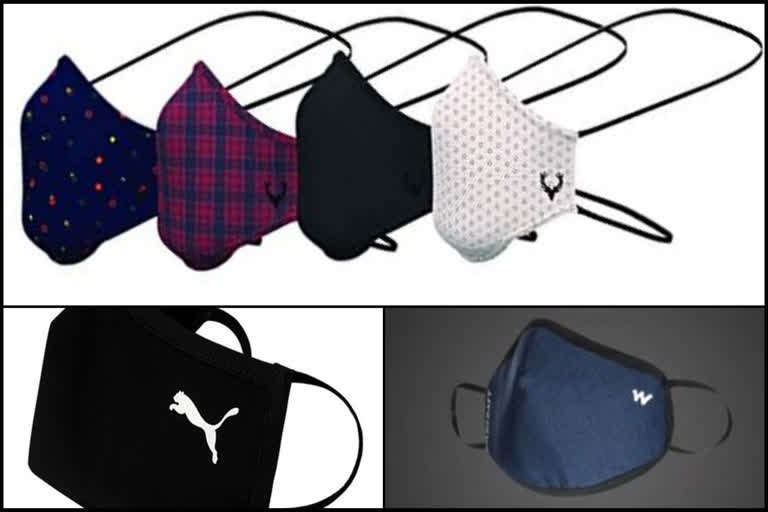Hyderabad: COVID-19 pandemic has given birth to a new accessory that needs no promotional push and just needs to be put out on the table -- masks or face covers.
Garment manufacturers in India, who have lost a chunk of their domestic and export businesses this year as economies slip into recession and social distancing keeps people away from apparel stores, are now finding a way to survive by manufacturing face masks that have been made compulsory to use in most Indian states.
Leading apparel brands like Louis Phillipe, Van Heusen, Allen Solly, Puma, Jockey, Shoppers Stop, FabIndia, Wildcraft etc have been on a mask-launching spree for the past couple of months in order to tap the growing demand in the country.
Now, there are three main kind of masks – professional respirators like N95 respirators, which protect the wearer from airborne particles and from liquid contaminating the face; surgical or procedural masks which are disposable and fluid-resistant covers worn during healthcare procedures; and plain cotton masks or fashion masks which are not medical-grade but are helpful in non-patient settings to contain coughs.
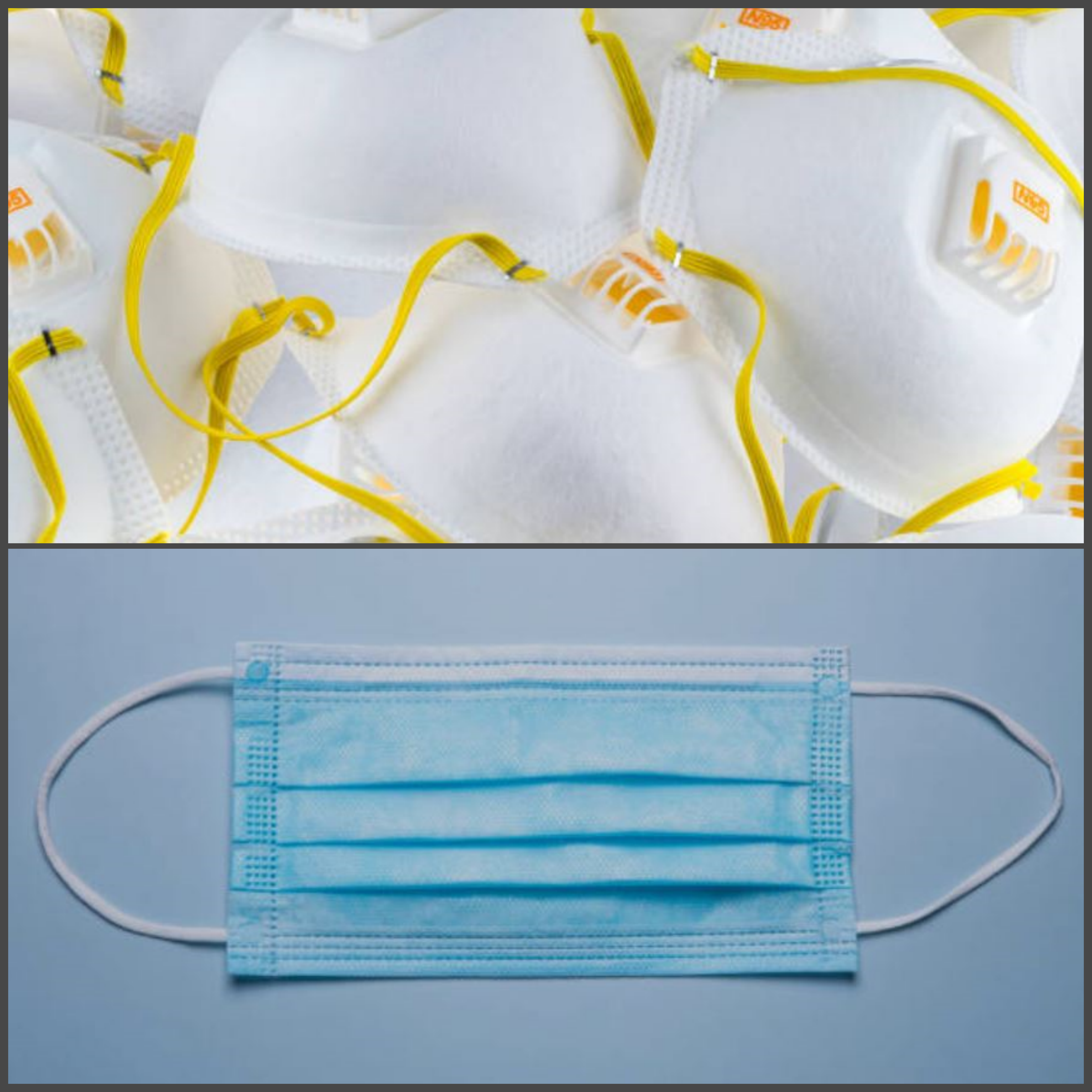
Garment brands are hopping on the third category of masks as it is easier for them to realign production units with least investment to manufacture such face covers and no special raw material is required since the leftover fabric is put to use.
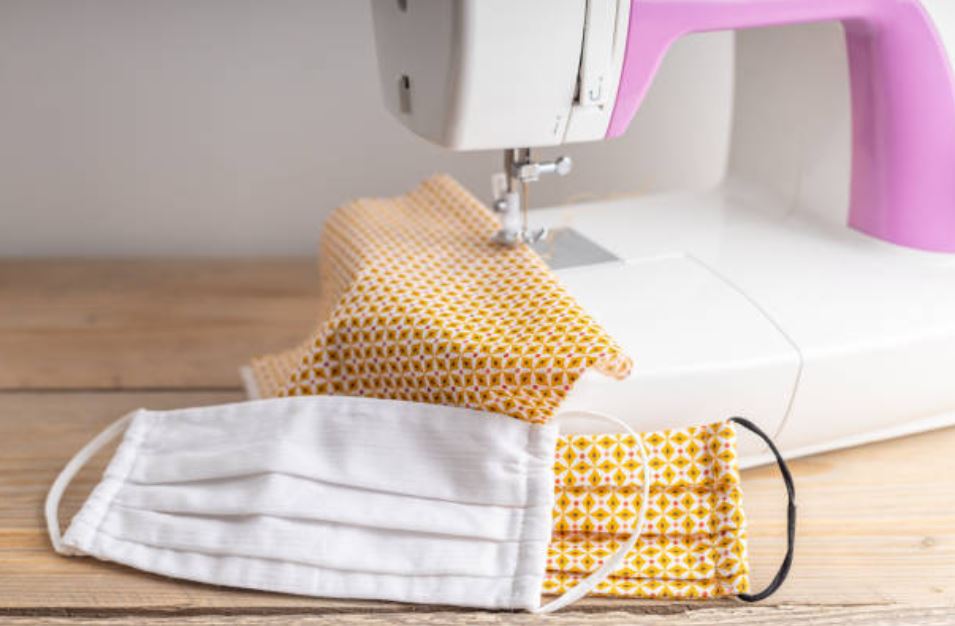
Some of them are going a step further by using new anti-viral fabrics that are known to eliminate a range of viruses, including the coronavirus, after coming in contact with the mask.
Peter England has been one such brand that has collaborated with Switzerland-based HeiQ to use its Viroblock fabric technology to sell a collection of anti-viral masks in India.
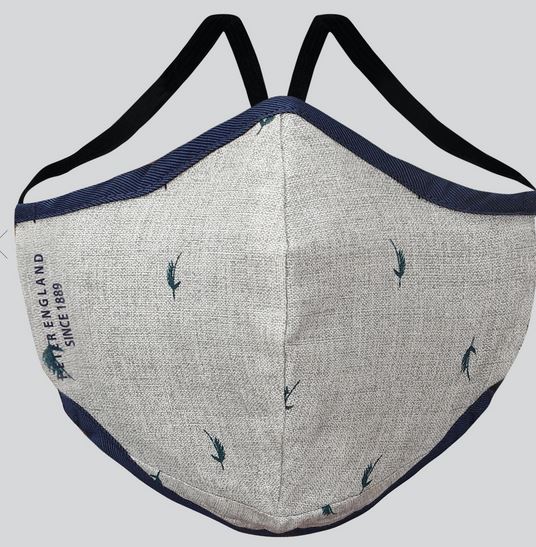
Various Indian and international designers have also jumped on the bandwagon as not only it pushes their brand in testing times like these but also helps in keeping their business going. In India, designers like Masaba Gupta, Anita Dongre, Payal Singhal, Nitya Bajaj, Shivan and Narresh, and Manish Tripathi are selling these cloth masks, turning them into a tool for making a fashion statement rather than just being a protective gear.
Read more:Spice exports jump 23% as Covid outbreak boosts demand
But an unexpected entrant in the mask manufacturing segment has been jewellers. Jewellery shops across India are making gold and silver masks – some even diamond-studded – which costs in lakhs and are catching the fancy of the gold-loving nation. Though their protection against the virus is questionable, it is not stopping the wealthy to get themselves one.
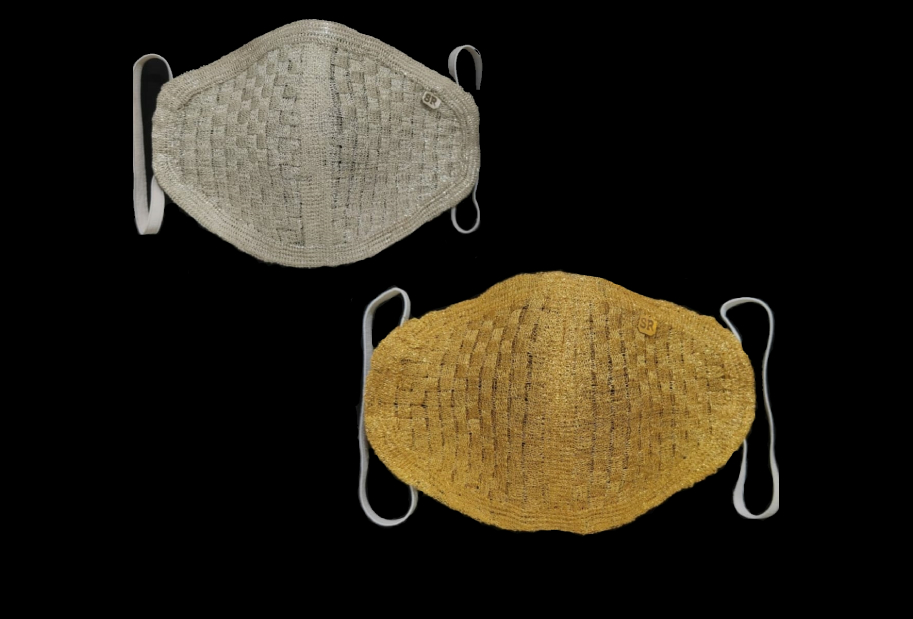
Looking at the scale of such production, the central government in early May eased restrictions on the export of non-surgical and non-medical masks of all types, including silk, wool and knitted ones.
This was another shot in the arm for the textile industry as a research report pegs that the world demand for respiratory masks is likely to grow 14,600 million units in 2019 to 33,361 million units in 2023 at a compound annual growth rate (CAGR) of 22.9%.
Asian countries being the key suppliers of masks would be the first in line to benefit from the surge in demand.
(ETV Bharat Report)
